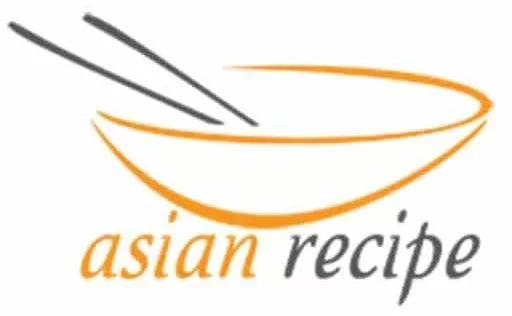Mr. Masahiko Kato, an agricultural consultant promoting the Japanese government’s initiative for sixth industrialization of agriculture, gave a sobering talk on the uncertain future of Japanese food. He warned that low price competition and food mislabeling scandals indicate serious problems in Japan’s food system. Mr. Kato argued that changes are needed to ensure food sustainability, food security, and the survival of Japan’s culinary traditions.
Low Food Self-Sufficiency
Japan’s food self-sufficiency rate is only 37%, meaning over half of food is imported. This figure has been declining annually, and Mr. Kato worries it could fall to half the current rate in 10 years. An aging farmer population and lack of successors contribute to falling domestic food production. Abandoned farmland and aging fishing boats sit idle as the average farmer age reaches 68.
Industrialization and Low Prices
Mr. Kato previously worked as a supermarket buyer where he noticed increasing price competition. Cheap imports flooded store shelves as consumers prioritized low prices over quality. This hurt domestic producers who struggled to lower costs.Eventually Mr. Kato quit his job, troubled that store policies sacrificed sustainability for profits. He realized domestic producers needed support providing value-added products.
Building Connections
As an agricultural consultant, Mr. Kato now works directly with producers. He aids sixth industrialization, where farmers integrate processing to increase earnings.For example, Mr. Kato helped fishermen sell fresh shirasu fish roe by connecting them with department stores. This benefited both parties. Stores gained a popular new local product, while fishermen earned higher prices.
Food Integrity
Unfortunately, extreme price competition has also caused mislabeling scandals as some merchants falsely claim domestic origin. Mr. Kato argued that sustainable food requires integrity and traceability. Consumers should recognize and pay for the true costs of ethical, domestic production.
Preserving Culinary Traditions
Japan’s culinary traditions are also endangered according to Mr. Kato. Industrialization and cheap imports have reduced consumer interaction and interest. People care less about seasonality, local varieties, and production methods. This disconnect threatens food culture.
Call to Action
Mr. Kato urged producers to share their stories and consumers to show interest. He believes that recognizing food origins can lead to a more sustainable system benefitting all. With Japan’s food security and culture at stake, actions must be taken now before it becomes too late.


